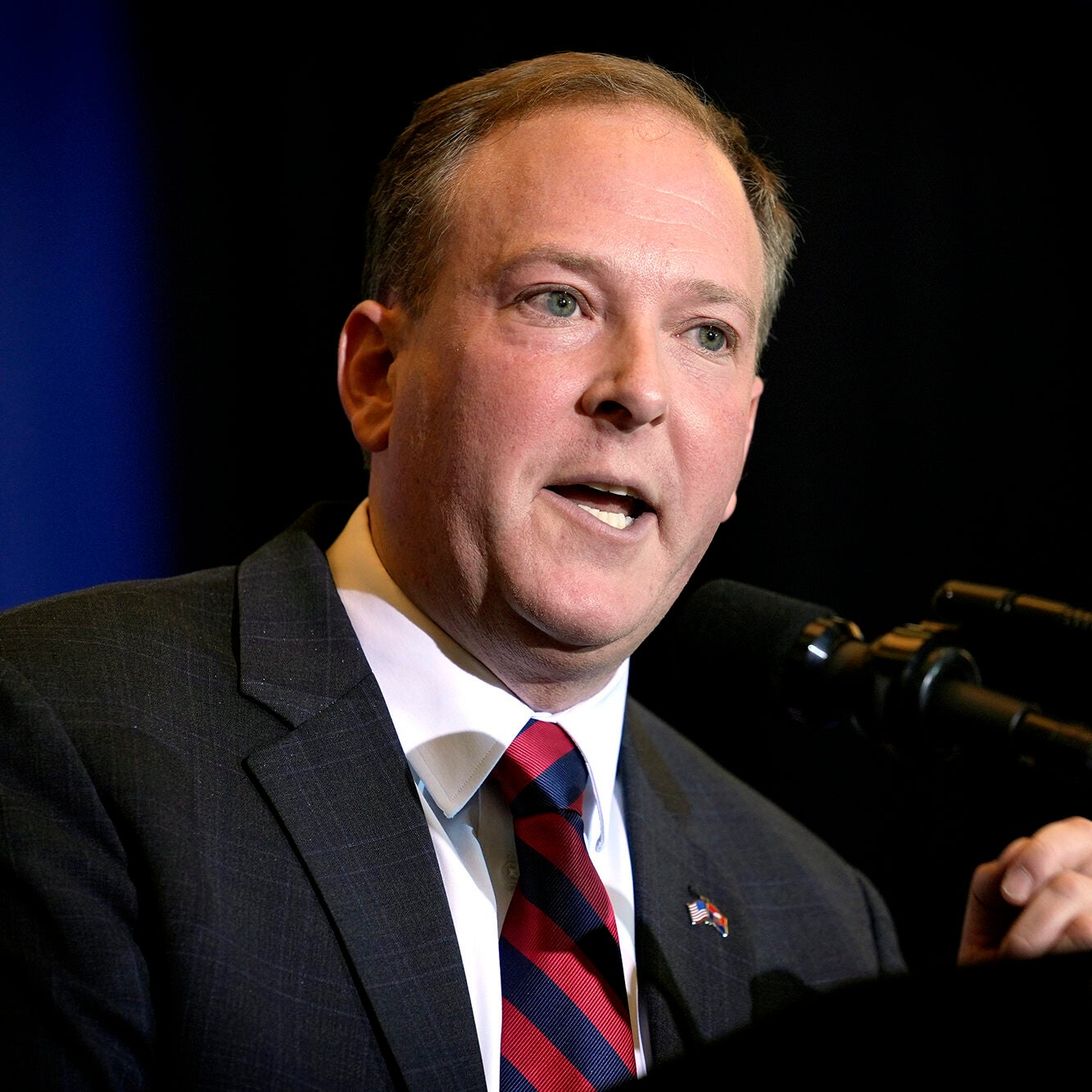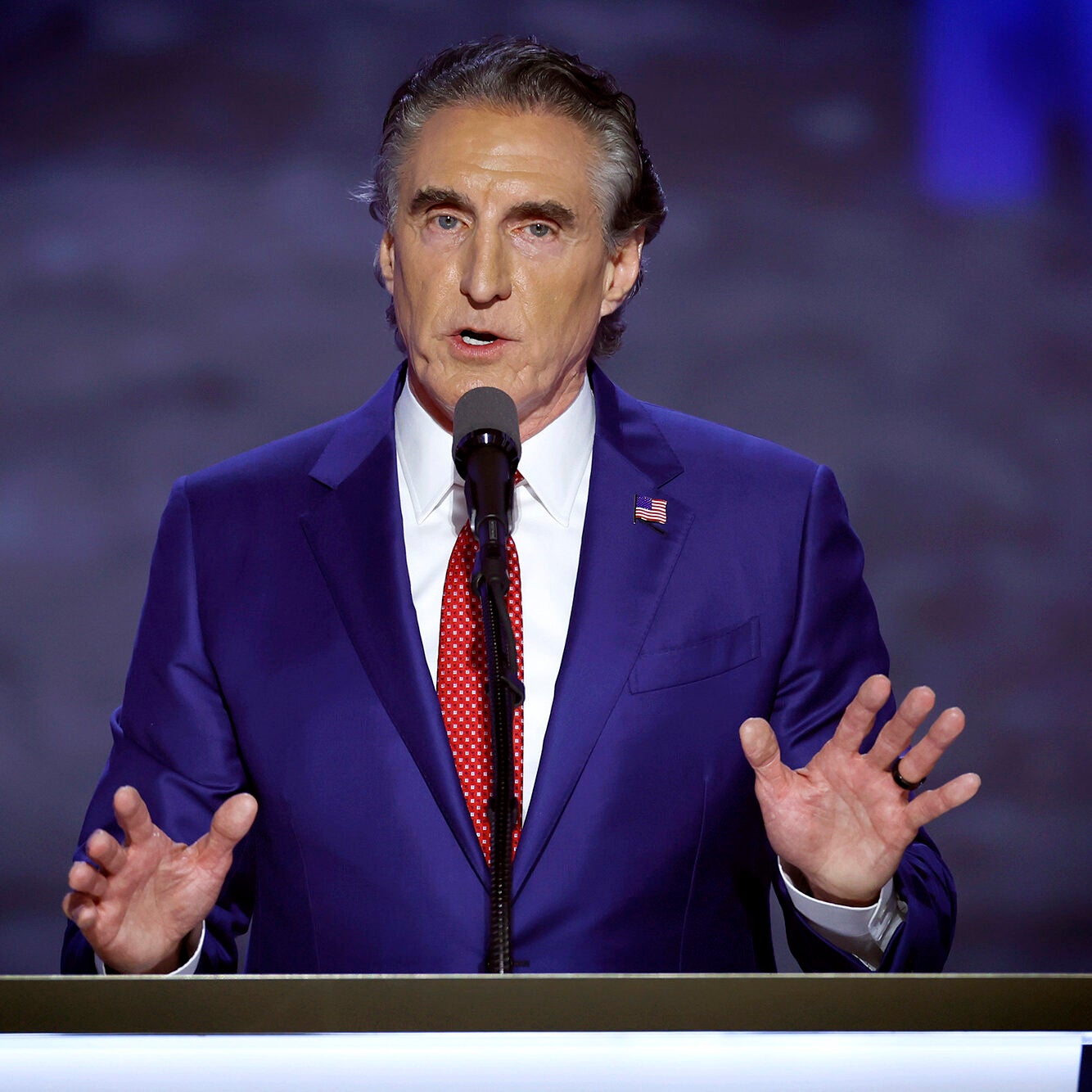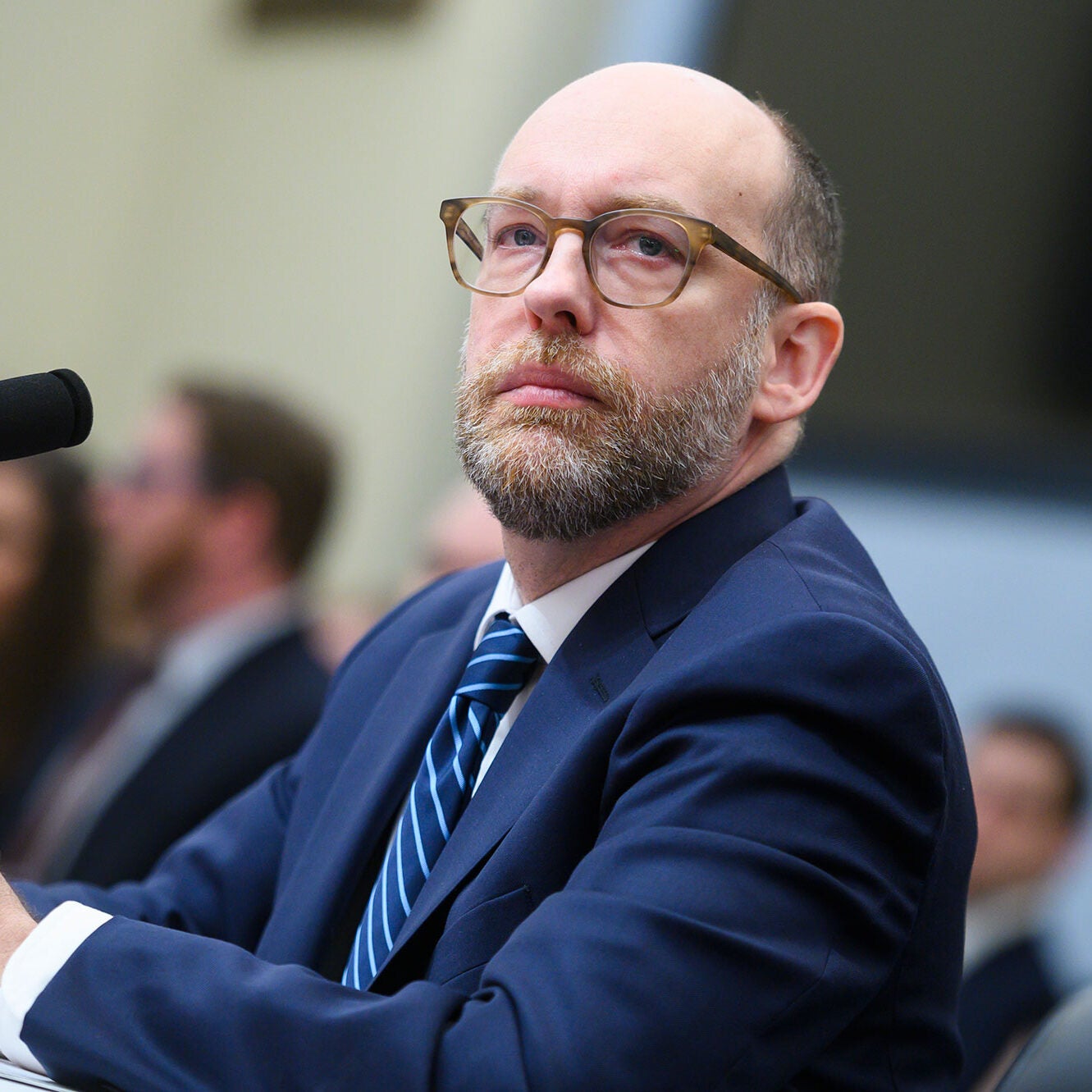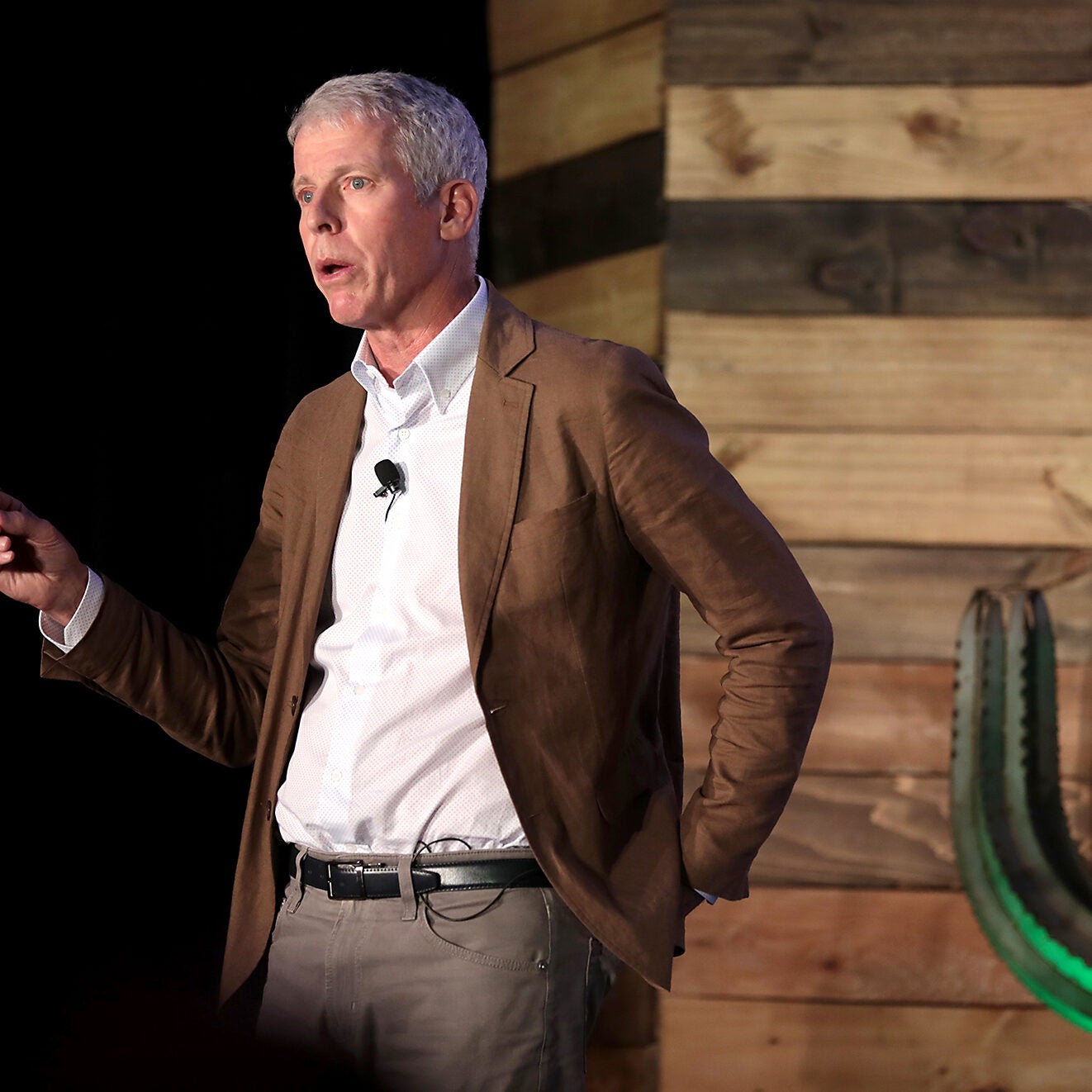February 6, 2025
The Presidential Transition & The Environment
President-elect Donald Trump’s picks for leadership agency roles have revealed an unsettling pattern: Many nominees have limited experience or disqualifying track records.
By prioritizing loyalty above genuine qualifications, Trump is signaling disinterest in the mission of these institutions and an intention to weaken them along the lines of the Project 2025 blueprint.
Learn about key nominees in the Trump administration’s second term and the powers they will have, and how you can take action:
Environmental Protection Agency
EPA Administrator
Nation’s top administrator of environmental laws
Lee Zeldin
Former Congressman with a thin record on environmental issues
Department of the Interior
Interior Secretary
Oversees management of substantial amount of public lands, wildlife, natural resource development
Doug Burgum
Governor of North Dakota with longstanding ties to fossil fuel companies
Office of Management & Budget
Director of OMB
Situated within the White House and oversees the federal budget, federal rulemaking, and the federal workforce
Russell Vought
Coauthor of Project 2025 and budget director from Trump’s first term
Department of Energy
Energy Secretary
Responsible for managing U.S. nuclear infrastructure and carrying out national energy policy
Chris Wright
CEO of Colorado-based fracking company Liberty Energy. Has never worked in government or held public office
As the leading public interest environmental law organization, Earthjustice is deeply concerned about how these appointments will impact our work fighting climate change, protecting clean air and water, and preserving biodiversity.
With our 200-plus attorneys, Earthjustice is prepared to push back in court on illegal efforts to gut agencies that safeguard our planet and health. We will hold the administration and Congress accountable to our bedrock environmental laws.
Photo Credits: Lee Zeldin (Matt Rourke / AP). Doug Burgum (Chip Somodevilla / Getty Images). Chris Wright (Gage Skidmore / CC BY-SA 2.0). Russell Vought (Tom Williams / CQ-Roll Call, Inc., via Getty Images).
Established in 1989, Earthjustice's Policy & Legislation team works with champions in Congress to craft legislation that supports and extends our legal gains.



